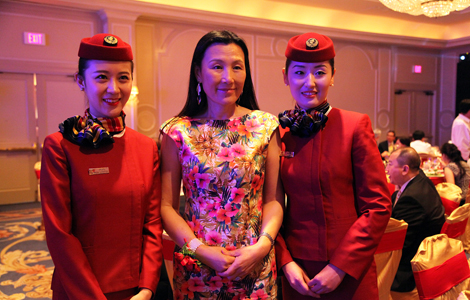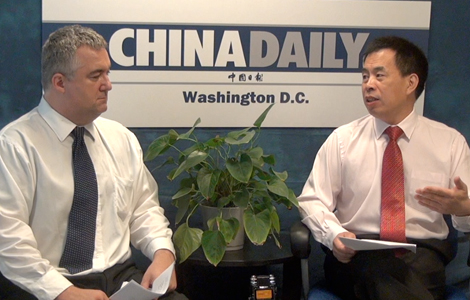Helping labor to work better
Updated: 2013-07-25 00:27
By WU YIYAO (China Daily)
|
||||||||
Between 2006 and 2011, Steelcase set out to delineate the connection between space and culture in 11 nations, including China, France, Germany and the United States. The researchers observed more than 100 workplaces, measuring culture codes in six ways, involving power-distance indexes, degree of individualism/collectivism, masculine/feminine usage, uncertainty tolerance, long-term or short-term orientation and high or low context.
Researchers found that most Chinese companies are hierarchical, collectivist, success-oriented, tolerant of uncertainty, long-term oriented with communication given a high degree of importance. All of these findings influence design in China.
Changing market
Hierarchies continue to be embraced by workers to maintain harmony and order. Executive and manager offices are important symbols of respect and order. Because of the cultural norms of reticence and task orientation, collaboration is a significant behavior change for Chinese workers.
Yet attitudes about space are shifting as outside influences expose Chinese organizations to new ways of working. Spaces that promote collaboration and innovation should be blended with traditional views of hierarchy, according to a report by Steelcase.
"The studies are inspiring. We don't assume that one workplace can be transplanted from one country to another. It is essential to find the right balance between local and global," said Moutrey.
Steelcase strives to optimize working space designs to reduce rent cost, strengthen collaboration, attract and cultivate talented people, manifest brand and cultures and enhance the well-being of employees.
Steelcase sees China as a fast-growing market with huge potential demand. Office building space has increased drastically amid the nation's expanding business activities and intensive infrastructure construction.
According to data from the National Bureau of Statistics, office building space in the east regions of China, including Beijing, Shanghai, Tianjin and nine coastal provinces, increased 25 percent year-on-year in the first half of 2013.
In Shanghai alone, construction of some 1.2 million square meters of office building space started in June.
Steelcase also looks at changes that may occur in future workspaces, especially those for younger workers born after the 1980s.
As residents of one of the world's hottest centers of economic growth, young people in China are breaking new ground while surrounded by traditional ways of life and work.
They have been embracing new trends in life. Shifts in their perception toward life and work have been observed in several aspects, said Moutrey.
Harmony was and is the basis of social behavior in China, but it is not all about conformity. Rather, individuals have learned to adjust their identities to blend with the society around them, as members of a group, rather than as individuals. Now, young people are starting to create their own identities based purely on their own interests.
This can sometimes create conflict with traditional values, although the post-80s generation still retains strong values of responsibility to family.
"As hierarchy eases its hold, teams are encouraged to contribute more. Collaboration will become easier as people become more comfortable expressing differing opinions and working constructively through conflict, but today it can still be a struggle," said Moutrey.
As an example, a design known as the Fireplace was designed by Steelcase for young Chinese workers. It includes a soft sofa, coffee bar and tables that people can write on and has become one of the most popular corners in the office.
"Young people would love to share their opinions with others in an environment that encourages openness. Communication cannot be smooth if the environment is suffocating, for example if you are caged in a narrow room," said Jean Zhang, a 23-year-old accountant at a foreign trading company in Nanjing.
"Employers in China used to think only about employees when they were at work doing their jobs. Now, young employees expect to get more out of the work experience — and progressive employers are responding," said Moutrey.
Today, young Chinese employees attach great importance to their work and life balance. They are becoming explorers, not just labor. Instead of applying for whatever job may be available, they are applying to companies that seem to offer the most opportunities for growth. Young Chinese people want to develop a career path of their own and are not afraid to change jobs to do that.
"It's all about how you love your work," said Moutrey.

 Death toll in Spain train crash rises to 56
Death toll in Spain train crash rises to 56
 Royal baby named George Alexander Louis
Royal baby named George Alexander Louis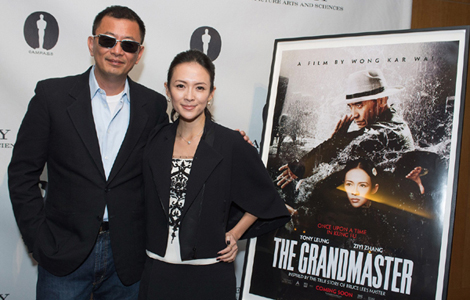
 'The Grandmaster' takes center stage
'The Grandmaster' takes center stage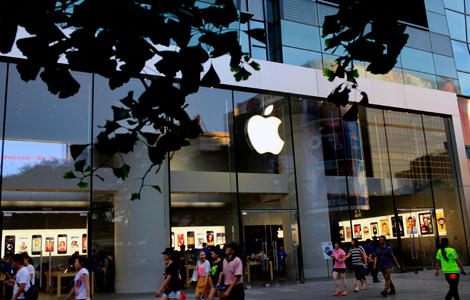
 Fewer Chinese consumers picking Apple's iPhone
Fewer Chinese consumers picking Apple's iPhone
 Yuan: Financial capitals vying for top spot
Yuan: Financial capitals vying for top spot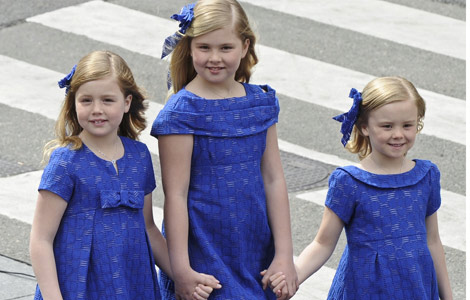
 Little princes and princesses
Little princes and princesses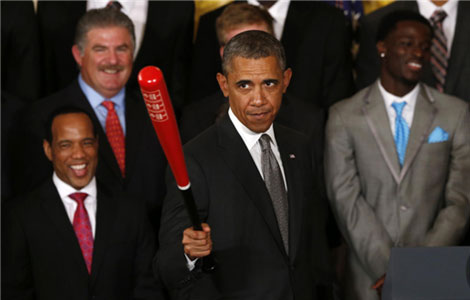
 Obama lauds Louisville in White House visit
Obama lauds Louisville in White House visit
 PLA special forces hold military contest
PLA special forces hold military contest
Most Viewed
Editor's Picks

|

|

|

|

|

|
Today's Top News
Snowden's hopes of leaving airport dashed
US extends review of Shuanghui, Smithfield merger
'Few hundred' at Manila anti-China rally
Obama, Congress both losing public support
Abe seeking to 'contain' Beijing
Li points way for railways reform
VP visits Pyongyang for 60th truce anniversary
Palace: Royal baby named George Alexander Louis
US Weekly

|

|
